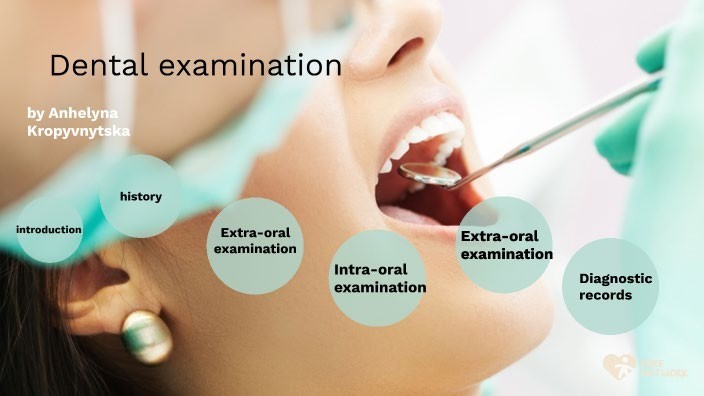A nurse is providing teaching about health promotion guidelines to a group of young adult male clients. Which of the following guidelines should the nurse include?
"Have a dental examination every 6 months."
"Have a testicular examination every 2 years."
"Obtain a tetanus booster every 5 years."
"Obtain a herpes zoster immunization by age 50."
The Correct Answer is A
When providing teaching about health promotion guidelines to a group of young adult male clients, the nurse should include the recommendation to have a dental examination every 6 months. Regular dental examinations can help prevent dental problems and maintain good oral health.
b) A testicular examination is recommended annually, not every 2 years.
c) A tetanus booster is recommended every 10 years, not every 5 years.
d) A herpes zoster immunization is recommended for adults age 60 and older, not age 50.

Nursing Test Bank
Naxlex Comprehensive Predictor Exams
Related Questions
Correct Answer is D
Explanation
The nurse should ask a second nurse to record her signature when wasting any unused portion of the controlled substance. This is a standard procedure for the safe handling and documentation of controlled substances.
a. The nurse should report any discrepancy in the count total of the controlled substance before administration, not after.
b. The wasted portion of the controlled substance should be disposed of according to facility policy, which may not involve placing it in a sharps container.
c. The count total of the controlled substance should be verified before removing the amount needed, not after.
Correct Answer is A
Explanation
When providing teaching about health promotion guidelines to a group of young adult male clients, the nurse should include the recommendation to have a dental examination every 6 months. Regular dental examinations can help prevent dental problems and maintain good oral health.
b) A testicular examination is recommended annually, not every 2 years.
c) A tetanus booster is recommended every 10 years, not every 5 years.
d) A herpes zoster immunization is recommended for adults age 60 and older, not age 50.

Whether you are a student looking to ace your exams or a practicing nurse seeking to enhance your expertise , our nursing education contents will empower you with the confidence and competence to make a difference in the lives of patients and become a respected leader in the healthcare field.
Visit Naxlex, invest in your future and unlock endless possibilities with our unparalleled nursing education contents today
Report Wrong Answer on the Current Question
Do you disagree with the answer? If yes, what is your expected answer? Explain.
Kindly be descriptive with the issue you are facing.
